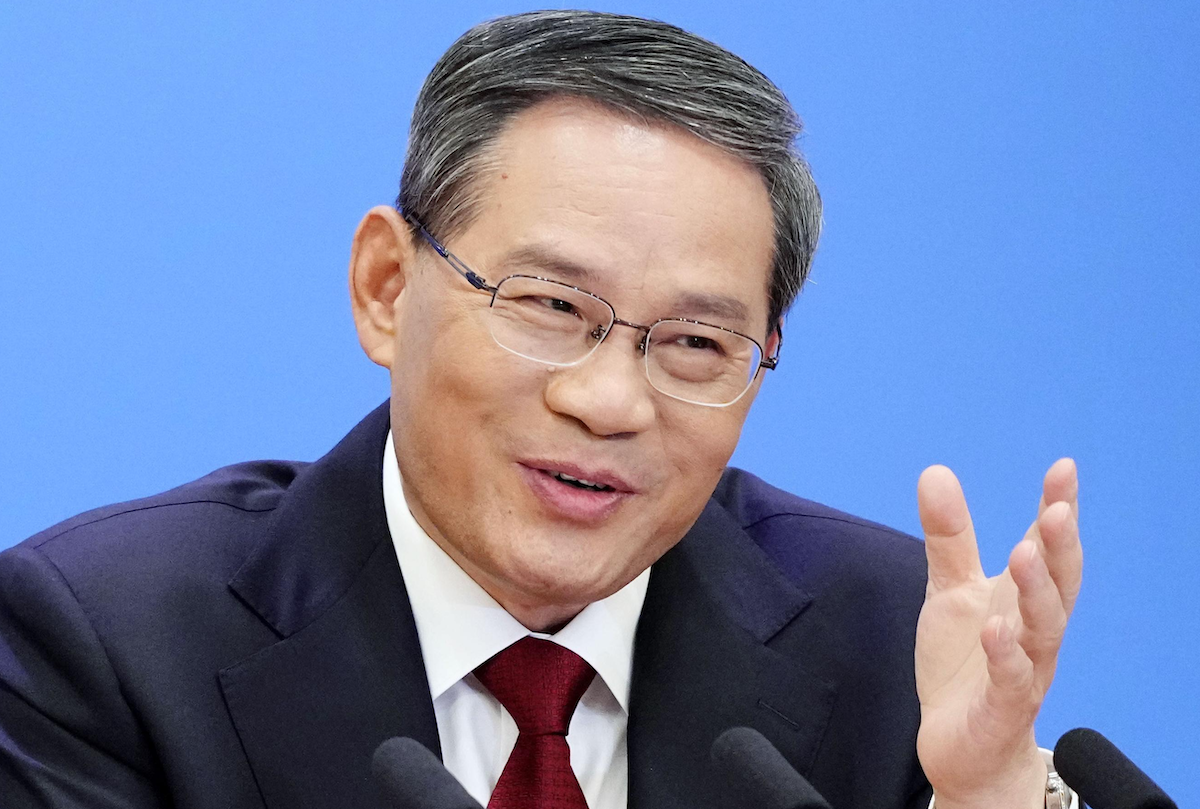China suffered an outflow of foreign direct investment last year (in Q3) for the first time since records began in 1979. It was a sure sign that foreign, particularly American, firms have chosen to “friend-shore” their business, pulling money out of China.
Investors are spooked by Xi Jinping’s vague national security laws and America’s policy of encouraging a reduction of investment in China, particularly in sectors deemed strategically important like semiconductors.
This helps explain why the Chinese are back in Davos in full force for the first time since Xi addressed the World Economic Forum in 2017. A delegation led by Premier Li Qiang will send the message that China is open to the outside world.
The consensus economic growth forecast for China in 2024 is 4.6%, which is strong by most countries’ standards but a slump from last year’s 5.2% and a shadow of its former ability to top 10%. A sluggish housing market and weak consumer confidence have not helped. Still, it is the geo-political chill that appears to have persuaded Xi to try to reverse the negative sentiment, starting with his meeting with President Joe Biden at the APEC summit last November.
Economists say that FDI only accounts for 3% of total investment but is important to China because it brings international best practices to domestic markets and enhances competition.
Li will be hoping that he can make up for lost Western dollars by persuading large Middle Eastern sovereign wealth funds from Saudi Arabia, Qatar, Oman, Kuwait, and the UAE to help reverse the FDI downturn.






